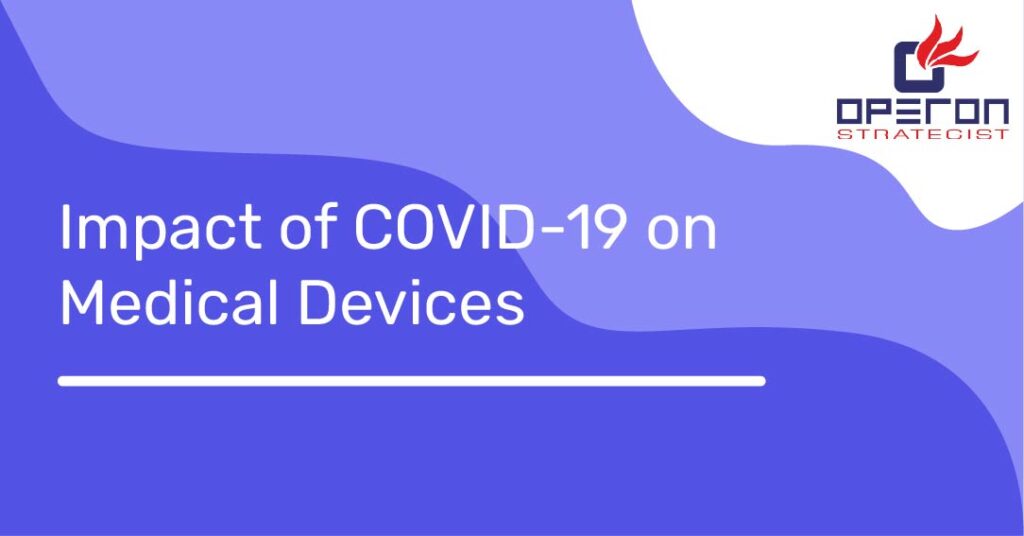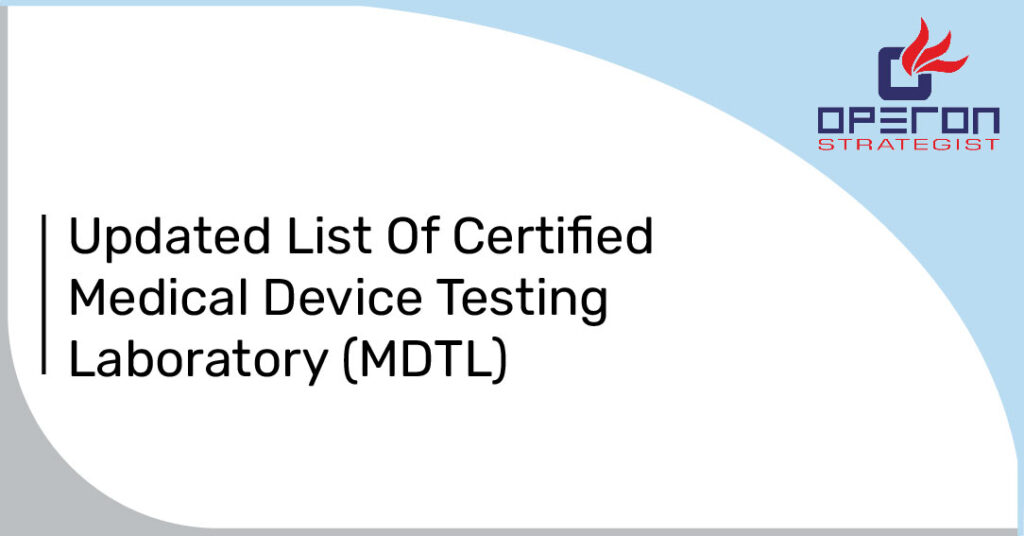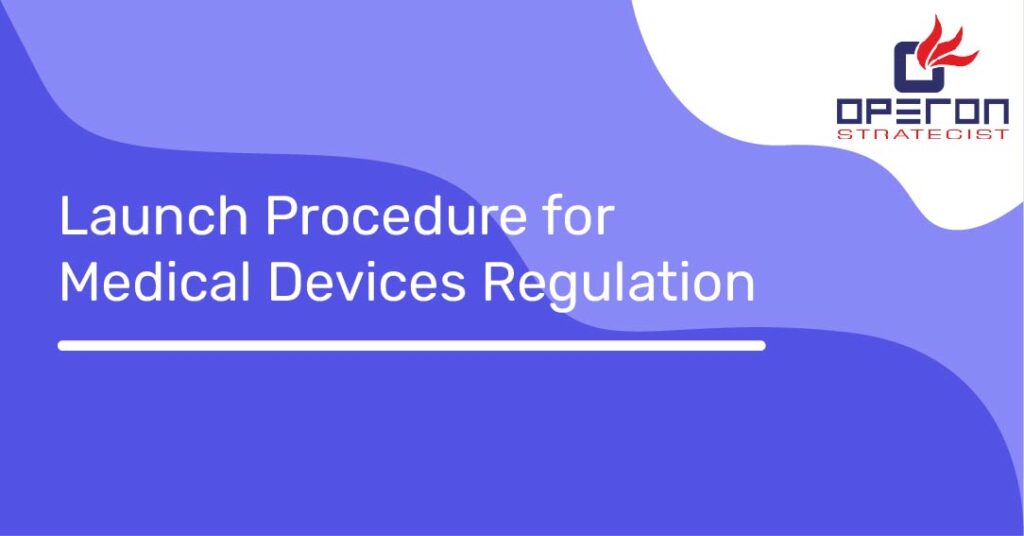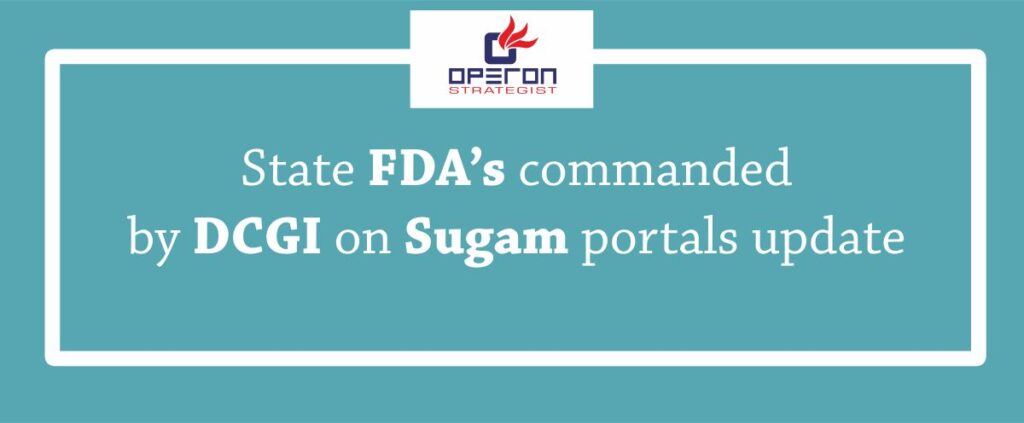Impact of COVID-19 on medical devices growth, has been expontential. Hospitals are struggling as the disease spreads faster than companies can produce masks, ventilators, and tests. As of early May 2020, over 4.7 million people have been confirmed to be infected with the SARS-CoV-2 coronavirus, and governments are scrambling to contain its spread. The high R0 value (a measure of contagiousness- estimated to be between 2.0 and 3.02) of SARS-CoV-2 means that those infected copiously spread the virus and develop complications suddenly.
As a result, health care systems are overwhelmed, and the effective delivery of medical care to all patients has become a challenge worldwide. The Impact by COVID-19 on medical devices industry has left the healthcare systems being overwhelmed. The effective delivery of medical care to all patients has become a challenge worldwide. Insufficient attention to early warning signs, inadequate stockpiling, lack of access to testing kits and personal protective equipment (PPE), and nationwide variability in the approaches to testing, distribution of PPE, and timing and degree of social distancing measures likely all affected the spread of the disease.
- Operon Strategist is a medical device regulatory consulting company which provides regulatory advisory & guidance for import registration of Medical Devices
Wish to start medical Device Manufacturing
We assist medical device manufacturers for all regulatory approvals, CDSCO license, ISO certifications. Get in touch to know more
The Impact of COVID-19 on medical device has also been felt on the manufacturers. Similar to pharmaceutical companies, medical device manufacturers rely heavily on healthcare facilities for their clinical trial data collection. Most medical device products must undergo clinical trials both pre- and post-market before manufacturers can obtain certificates for market approval.
As the impact of COVID-19 on medical device continues to unfold, the industries are finding it difficult to make informed decisions about their products, supply chains, and regulatory obligations in the midst of uncertainty. Medical device professionals have the unenviable task of asking for a pause amid the panic. Announcements from governing bodies and conversations with key decision-makers and regulatory experts hold the key to the success to reduce the impact of COVID-19 on medical device industry.
Impact of COVID-19 on medical device
The unprecedented situation created by the COVID-19, has resulted in alarm bells ringing across industries. After multiple lockdowns to curb the spread of infection, we are now in the phase of unlock 3.0 where businesses are cautiously starting to resume operations. It is estimated that due to the impact of COVID-19 on medical device the medical technology industry has suffered a 50-85 per cent drop in revenue across categories in April-June due to the situation. Slicing the data category wise shows us that the cardiology category experienced a downfall in revenue up to 60 per cent in the first quarter of the financial year.
Despite the COVID-19, the Med-tech sector has shown great determination in the face of adversity to ensure continued supply of critical medical devices and services, despite being bogged down by several operational issues like scarcity of contractual manpower for loading and un-loading, restrictive movement of service personnel and goods in several areas, stalling of customs clearance of imports, etc. The industry is also reeling under taxing financial challenges like escalation in costs due to the hike in freight charges, at the same time it has been hit by significant fall in revenue due to postponement and cancellation of elective procedures which drive a large part of the demand for medical devices.
The medical device industry has borne the brunt of these issues, and has been strained for revenues, it is bleeding, yet has shown resilience and commitment by working unrelentingly to ensure availability of products (for both COVID and non-COVID emergencies) across the country. The pandemic shortages have illustrated the limits of our resources despite existing medical companies maximising their efforts. Given the capacity constraints, the medical device regulatory environment is adapting to meet the challenges by becoming more agile to reduce time to market while attempting to keep quality and safety at the forefront.





